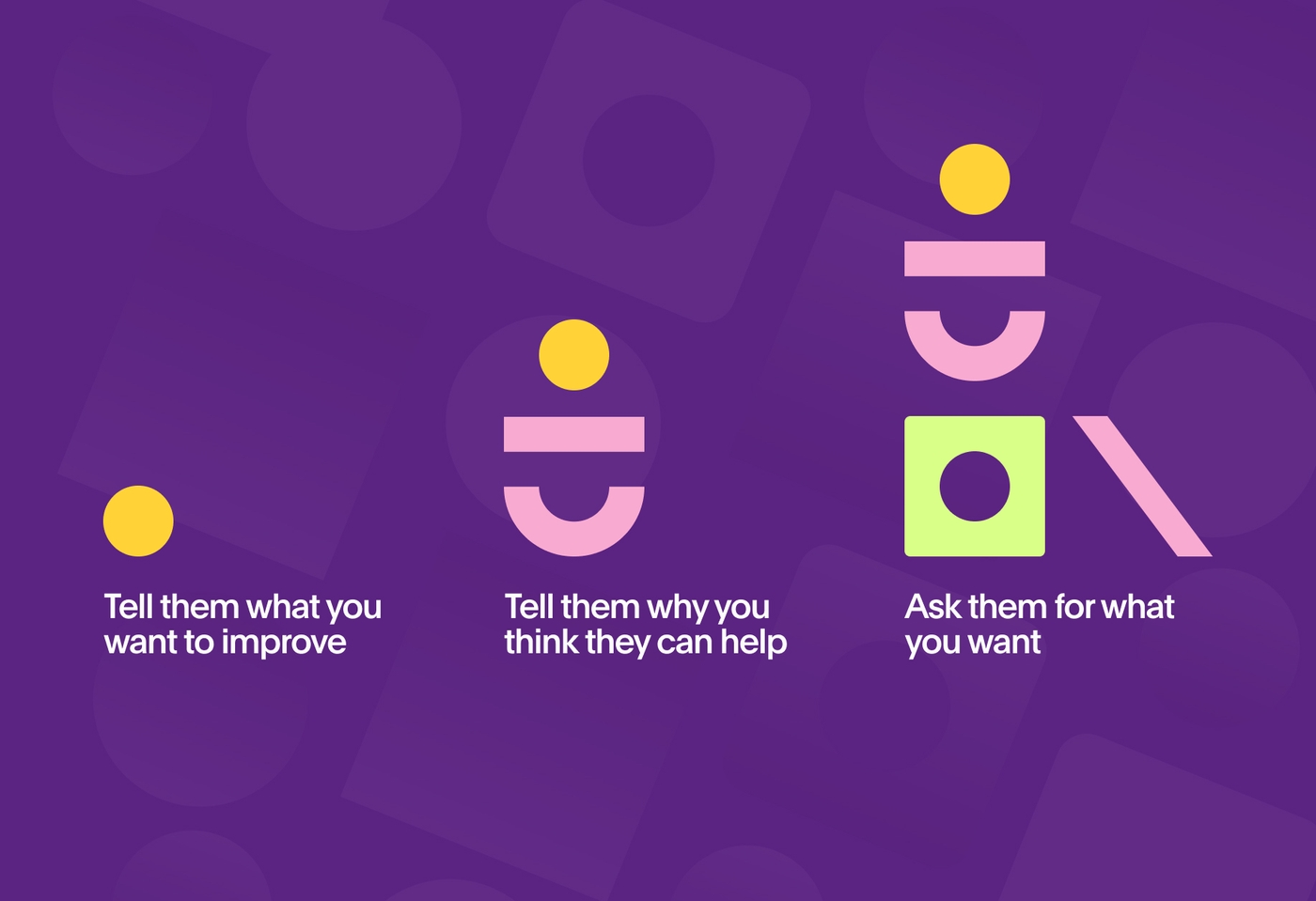We’ve all seen it - the top performer who gets promoted into a leadership role, with no skills in leadership (but hopefully some desire!). Or the person who has dabbled with leadership in their life, perhaps in early jobs or in their community, but again, doesn’t have the corporate leadership experience.
So what should people do when they find themselves in these situations? Particularly when there may not be many opportunities for development provided in their current role. Here are some ideas that will help whether you find yourself in that position, or are working with someone who is.
Step 1: Find a mentor
As they say, you don’t know what you don’t know, so it’s important to have someone in your corner who can help identify your gaps so you can learn and improve. A mentor is a great way to do this, whether they are within your current company or outside of it. If you want to develop your leadership skills, I suggest sourcing a mentor who either knows a lot about leadership, or that you think is a great leader.
When you ask this person, be specific about what you are hoping to achieve. Most likely the person you want to mentor you is more senior and therefore more stretched in terms of time. The more direct you can be about what you want, the easier it is for them to opt in or out. Avoid an open-ended request for mentorship that can make the mentor unsure about what they are agreeing to do.
Try these direct asks instead.
What you want to improve
“I am looking to develop core leadership skills of providing direction, delegating, and giving feedback.”
Why you think they can help
“I remember you were always great at providing me feedback or holding me to account.”
Ask for what you want
“I am hoping we could do a one hour zoom, once a month, for 6 months.”
If they say no after you have given clear insight about what you are asking, then more likely than not it is a time issue. Try again with someone else you have admired.

Step 2: Invest in evidence-based leadership development
A mentor is great for helping you to work through specific situations and getting personalised advice. But it is also critical that you understand some core leadership skills and have a toolkit of tools and frameworks that you can draw on. There are some great online (and free!) resources through the many MOOC providers out there.
Some forms of leadership development programs are always going to give you more bang for buck in terms of learning outcomes. Here’s what to look for:
- Programs that use models and frameworks which are evidenced based, but also have a practical component.
- Led by a facilitator who can walk the talk - someone who not only understands the theory but has been a leader for a number of years.
- Make sure the content is relevant for you and where you are at. You want to be learning more about giving and receiving feedback, regulating yourself and others, what people need from leaders, difficult conversations and coaching to help people perform.
Step 3: Practice and ask for feedback
Practice makes perfect! Leadership gets easier over time because you have managed more unexpected challenges and worked with a greater cross section of people. All of this gives you a better sense of what you need to do in a certain situation. The only way to get to that point is to try some things out and accept that you will make mistakes - they are part of learning.
It is also critical that you ask your people for feedback, and get super comfortable with hearing about what you could do better. Adopting this practice is also a very powerful way to model openness to feedback for your people, which will go a long way to developing a strong culture within the team.
I’m also a big fan of transparent leadership so if you want to try something different, or you have recognised you could do something better, tell your people! Again, something like “I learned a new framework for giving people feedback and I think it could be better than what I am doing now. Is it ok if I try it with you and then you let me know what worked and what didn’t?” This will go a long way to demonstrating multiple great characteristics for your people.
Leadership is a privilege, and the difference you can make for people and their experience at work is immense.
So respect that privilege, channel your openness to learning, and get stuck in. If you are looking for a recommendation for a leadership development program, you can find more information here. Have fun leaders!